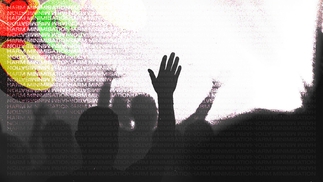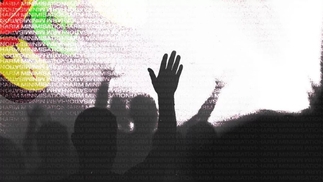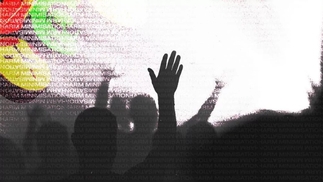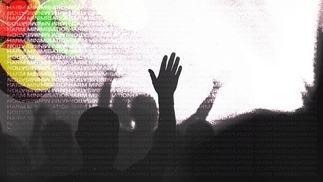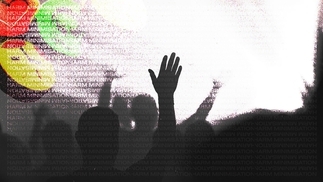Drug-checking services at festivals improve attendee safety, study shows
Nearly two-thirds of festivalgoers who learned their drugs did not match what they were sold as decided to dispose of the remaining substances
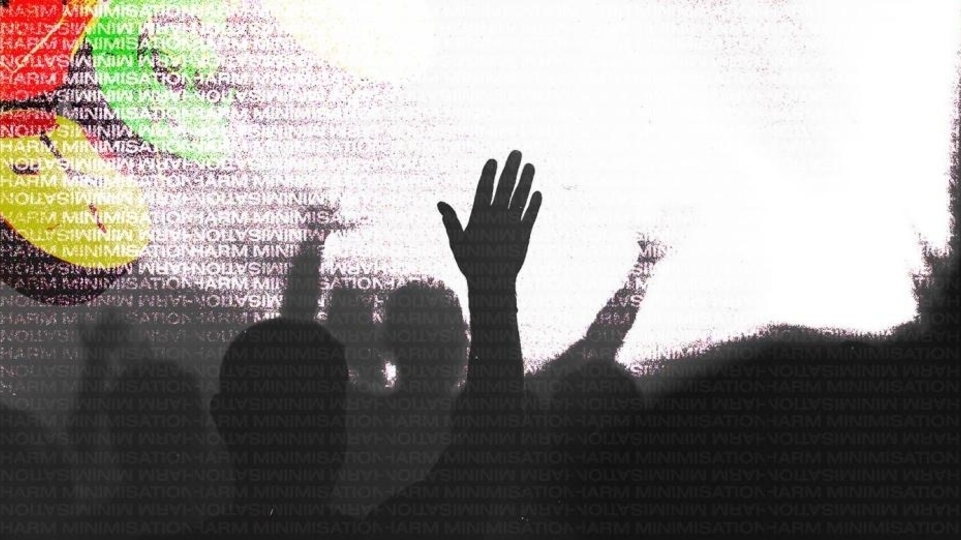
A new study has found that drug-checking services at festivals improved the safety of attendees.
The research by harm reduction and drug-testing charity The Loop and University of Liverpool found that festival-goers tended to modify their behaviour and approach drugs with more caution when armed with clear information after using drug-checking services.
Of 4,240 people surveyed at UK festivals in the summer 2018 season, 48.7% of people who found their tested drugs matched what they were sold decided to take a lower dose than originally intended. If a festival-goer's drugs tested differently to what they expected, 61.7% of people decided to dispose of their remaining drugs.
The Loop director and University of Liverpool professor Fiona Measham told BBC Newsbeat, "I think we can say with some confidence that people don't take more after using the service, and in fact most people actually take less."
She added, "We found people wanted to use the service, they queued up to use it in all weathers, and they were willing to do that for several hours." More than 36% of people who used drug-checking services said they intended to alert their friends to identified "substances of concern".
Bristol festival Love Saves The Day offered drug-checking services at its recent edition this summer. "We were able to put out three warnings across the weekend of substances that were dangerous," organiser Tom Paine told the BBC. "One of these was three or four times the normal strength of ecstasy." Drug testing at this summer's Secret Garden Party and Parklife festivals also resulted in substance warnings.
Stay up-to-date with The Loop's latest drug warnings via their social media. Revisit Ed Gillett's in-depth 2021 feature on the urgent necessity of the UK government adopting harm-reduction policies.
Read the study in full here.
